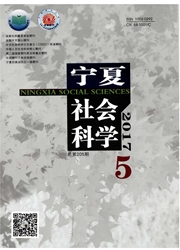

 中文摘要:
中文摘要:
我国的改革主要表现为制度创新,制度创新是我国经济增长取得举世瞩目成就的重要原因。从利益分配视角探析制度创新,研究发现,我国改革初期的制度创新大多具有帕累托改进效应,大多数制度创新起先在民间自发产生,最终得到政府认可与推广;随着改革的不断深入,我国制度创新的帕累托改进效应逐渐丧失,而主要表现为卡尔多改进效应,各群体利益博弈加剧,难以达成改革共识,需要树立中央政府的权威性。通过顶层设计强力推行制度变革。
 英文摘要:
英文摘要:
China's reform is mainly manifested in institutional innovation, and institutional innovation is an important reason for China' s remarkable economic growth achievements. The paper studies on institutional innovation from the perspective of benefit distribution, and finds that system innovation has a Pareto improvement effect at the initial stage of reform, and the majority of institutional innovation generate spontaneously among the people, which is finally recognized and promoted by the government. With the deepening of reform, the institutional innovation' s Pareto improvement effect is gradually lost, and the Kaldor improvement effect is strengthened gradually. At present, all interest groups in China are playing a fierce game, and it is difficult to reach a consensus on reform. The central government needs to establish the authority, and promote institutional innovation through the top-level design.
 同期刊论文项目
同期刊论文项目
 同项目期刊论文
同项目期刊论文
 期刊信息
期刊信息
